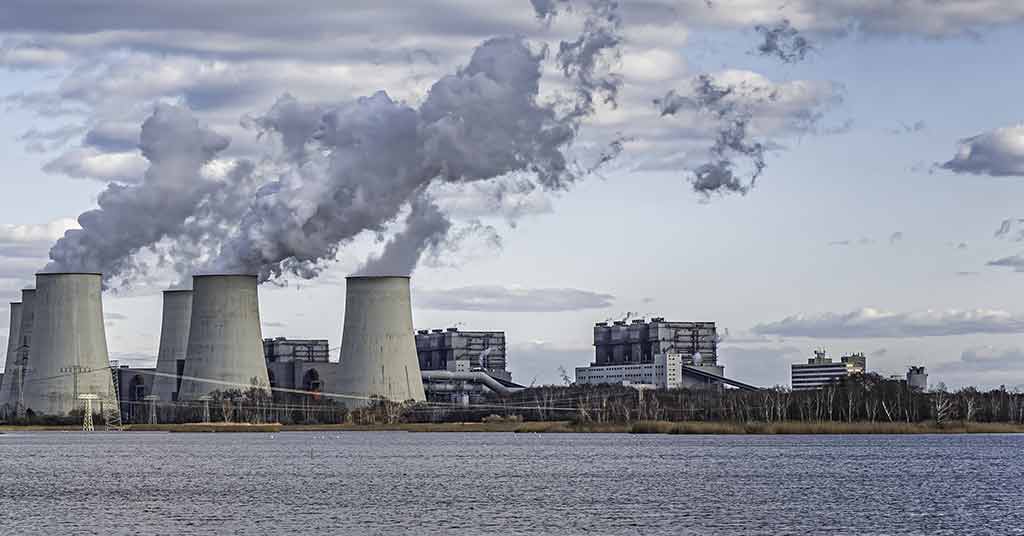Welcome To ChemAnalyst

In the preceding year, Germany achieved a noteworthy environmental milestone by reaching a 70-year low in emissions. This accomplishment, notable for Europe's largest economy, is principally attributed to a considerable reduction in coal dependency, signalling a transformative shift in the nation's energy landscape.
The reduction in emissions extended beyond the energy sector, encompassing a substantial decline in industrial emissions. This decline was predominantly steered by a decrease in production from energy-intensive companies. Within the energy domain, a noteworthy trend emerged as electricity generation from renewable sources surpassed the 50% threshold for the first time in 2023. Concurrently, the share of coal in the overall energy mix dwindled from 34% to 26%.
The backdrop of Germany's recent reliance on coal finds its roots in the aftermath of the Russian invasion of Ukraine, during which Moscow disrupted gas supplies. In response to this crisis, Germany turned to coal as an alternative energy source. However, subsequent years witnessed a concerted and successful effort to diminish dependence on fossil fuels.
Simon Müller, the director of Agora, emphasized the significance of this environmental feat, underscoring how Germany's achievements in renewable energy align with its ambitious target of deriving 80% of electricity from wind and solar sources by 2030.
Despite the positive trajectory in emissions reduction, Müller pointed out a potential risk associated with the decline in emissions linked to the crisis-induced drop in production. If, as a consequence, emissions are merely shifted abroad, it may not contribute significantly to global climate objectives. Müller cautioned that the substantial portion of the emissions cuts in 2023 might not be sustainable from both an industrial and climate policy perspective.
As Germany strives to meet its ambitious climate targets, a pressing challenge emerges—the mobilization of substantial investments to modernize its industrial infrastructure and mitigate the carbon footprint associated with heating. Müller underscored the necessity of adopting a comprehensive approach, emphasizing that a barrage of investments is indispensable to bring about transformative changes in industry and heating sectors.
The achievement of a 70-year low in emissions by Germany signifies a significant stride toward a more sustainable and environmentally conscious future. The reduction in coal dependency and the increased share of renewable energy sources in the electricity generation mix underscore the nation's unwavering commitment to combatting climate change. However, inherent challenges persist, necessitating sustained efforts, strategic investments, and comprehensive policy measures to ensure long-term and sustainable reductions in emissions across various sectors. This accomplishment serves as a testament to Germany's dedication to environmental stewardship and lays the groundwork for continued advancements in mitigating the impact of climate change.
We use cookies to deliver the best possible experience on our website. To learn more, visit our Privacy Policy. By continuing to use this site or by closing this box, you consent to our use of cookies. More info.
